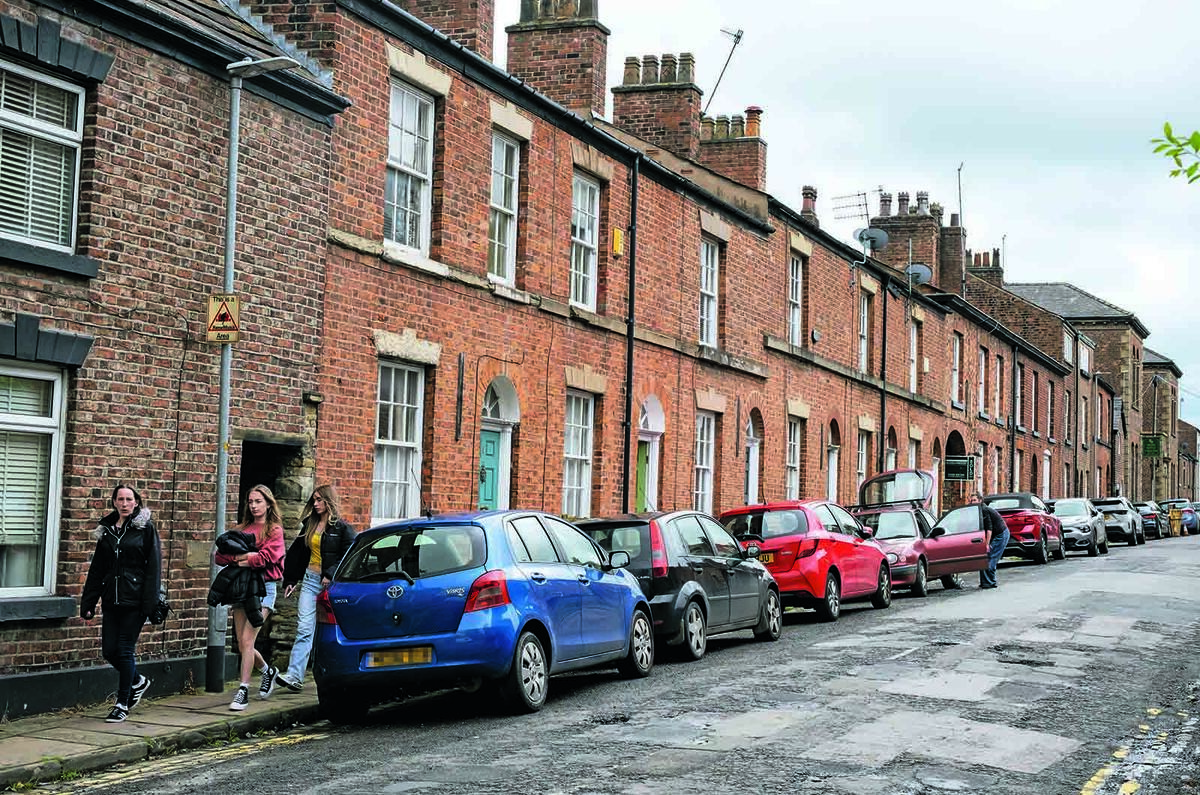UK motorists are shunning showrooms in favour of holding onto their ageing cars, to both the detriment of new car dealers and the benefit of warranty companies and independent garages.
Despite total new car sales increasing 6% for the year to date, those to private buyers are down 11.8%, figures from the Society of Motor Manufacturers and Traders show.
Meanwhile, of the 34 million cars on the roads, 16 million – almost one in two – are more than a decade old. Among these cars, 10.5 million are aged over 12 years.
According to Philip Nothard, insight director at Cox Automotive, a key factor is the rising price of new cars, up 129% over the past 15 years from an average of £22,868 to £52,342. This is almost 50% above inflation across the same period,” he said.
“The average diesel car is now 149% more expensive than its 2009 equivalent and the average petrol 93% more.
“At the same time, the new car parc has changed dramatically. There are 88% fewer diesel models to choose from today and 63% fewer petrol models. EV growth is understandably off the chart but of specific note is the average price of an EV today compared with its ICE counterpart: £62,000 versus £45,000 for petrol and £58,000 for diesel.”
Nothard added: “For many car buyers, the cost to change from their old car to a new one and the change in the product line-up – there are fewer small cars, for example – is a shock when they come to upgrade their current car.”
With owners choosing to hang onto their cars, warranty companies are experiencing increased demand for their products and services.
Jim Murray Jones, chief marketing officer at MotorEasy, told Autocar the company is benefiting from the ageing car fleet. “We’ve noticed a higher volume of customers with older vehicles seeking warranty protection for them,” he said. “Previously, the greatest demand was cover for cars aged from four to six years but now we’re seeing this demand extend to eight years and even 10.”
Garages are benefiting as well. A spokesperson for the Independent Garage Association, a lobby group, said firms are seeing an increase in business especially as older car owners are favouring them over franchised dealer networks for servicing.
However, the ageing car parc is not good news for everyone. Dealers are being warned to be extra careful when appraising and valuing older cars that can be expensive to bring up to forecourt standard.





Join the debate
Add your comment
15 years ago the scrappage scheme would have just happened, taking a lot of older cars off the road and therefore making the average age of cars on the road lower. I wonder if that's part of the reason for this.
In recent years as manufacturers have clamoured to make more premium products push upmarket and reduce model choice, partly to boost the status of the brand and the desire to make more profit on each car they sell, rather than build at scale with smaller profits on each unit sold.
This was all fine when money borrowing was cheap or people had the disposable income to spare aren’t manufactures in danger of painting themselves into a corner only having glitzy expensive models to sell which must surely be increasingly difficult to do.
Because of the rising costs and restricted choice the phasing out of affordable models no wonder motorists have rightly chosen in a lot of cases to stick with their current older vehicles also partly because of the rising costs of everything else too.
Unfortunately the current state of play for a whole host of reasons nobody really wins restricted affordable new choices means we all end up driving older cars and as a result second hand prices are through the roof too, aren’t manufactures and new car dealers increasingly in danger struggling or going out of business.
Probably a win for the planet too, as currently EVs require enormous resource extraction and CO2 emissions to produce. Let's wait until better vehicles exist... something like the new Renault EVs, where real thought has been put into reducing whole life emissions, suggests this will happen.
In the meantime, if Tesla went bust, would that be so bad? ;-)
EV battery creation create less CO2 and other dangerous chemicals, why is it so difficult for some luddites to understand. 2035, 11 years is plenty of time and if hits 90 percent of the market it's still a success.
Afterall ICE cars aren't any better in every respect and worse in plenty of other areas.